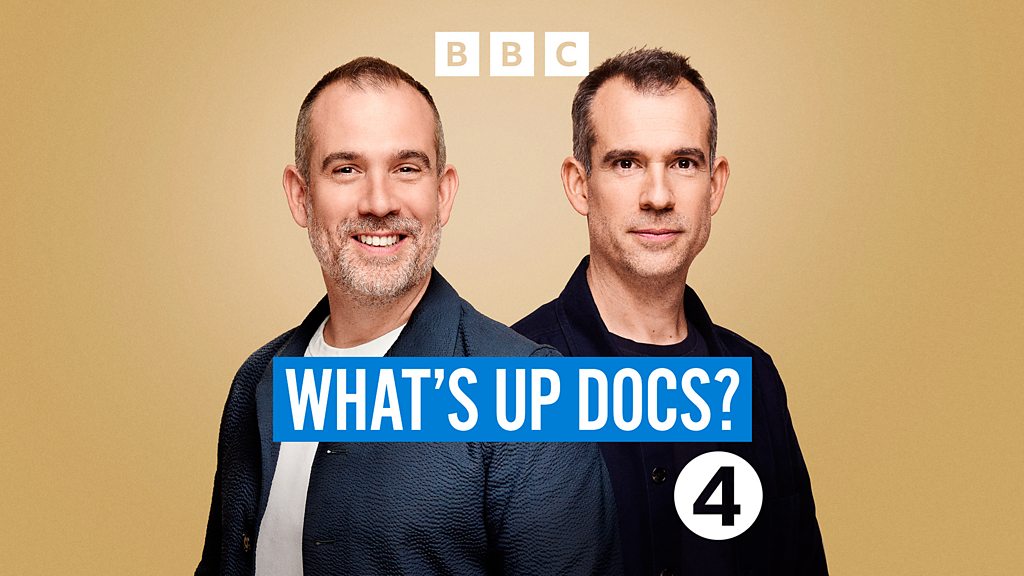ARTICLE AD BOX
Image source, Getty Images
Image caption,People will no longer be required to wear face coverings on public transport from 21 March
Scotland's legal Covid-19 restrictions, including the wearing of face coverings, will end on 21 March.
First Minister Nicola Sturgeon said people would still be advised to wear masks in shops and on public transport.
But all legal restrictions on people and businesses will end as part of an effort to "return to a normal way of life".
Meanwhile, the country's vaccine passport scheme will end on 28 February.
The plan is part of a new strategic framework the government has drawn up for dealing with the pandemic in the future.
Ms Sturgeon said it would see Scotland move away from legal restrictions, relying instead on "vaccines, treatments, and sensible adaptations and good public health behaviours."
The move comes after Prime Minister Boris Johnson announced that England's restrictions will be lifted on Thursday, with the requirement to self-isolate dropped and free mass testing to end in April.
Ms Sturgeon expressed frustration at Mr Johnson's approach, calling for clarity about how the testing system - which operates UK-wide - would operate in future.
However she said the level of infection and hospital admissions were falling sufficiently to set a timetable for the easing of the curbs still in place in Scotland.
The Covid certification scheme - vaccine passports which are required when attending large events including concerts and football matches - will come to an end on Monday 28 February.
And the remaining legal restrictions will be phased out on 21 March - including the requirement for people to wear face covering in enclosed spaces and on public transport, and rules for businesses on collecting customer details and taking measures to reduce the spread of the virus.
Image source, Getty Images
Image caption,The rules on face coverings could be reintroduced if a new variant of the virus emerges
Ms Sturgeon said the government was "duty bound to remove legally imposed restrictions" as the impact of the pandemic reduces.
However she warned that this "should not be taken as a signal that Covid no longer presents any risk to health"
She said: "Even though certain measures, for example face coverings, may not be legal requirements in future, we will still recommend voluntary compliance as part of the range of behaviours that will help keep us safe as we manage COVID in a more sustainable and less restrictive way."
'More targeted' testing
Ms Sturgeon said testing would remain a vital part of managing the virus, but that there would be a phased move to a "more targeted system" focusing on high risk settings like care homes and hospitals and rapid detection of new variants.
She said detailed plans for testing would be announced in March, adding that she hoped there would be "more clarity from the UK government on available resources".
Mr Johnson has previously suggested that the Scottish government would have to fund any continued free testing from its existing budgets.
MSPs will be given the chance to debate and vote on the government's new proposals for managing the virus.
These will see Scotland operate a three-level system for future outbreaks of the virus - of low, medium and high risk.
She said that in a high-risk scenario, where a new variant emerged which could evade vaccines or natural immunity, people could be advised to limit social contacts and work from home, with "some temporary protections" introduced by the government.
Meanwhile in a medium-risk scenario - for example in the event of a variant similar to Omicron which is more transmissible but less severe - Ms Sturgeon said face mask laws could be reintroduced.

 3 years ago
88
3 years ago
88








 English (US) ·
English (US) ·